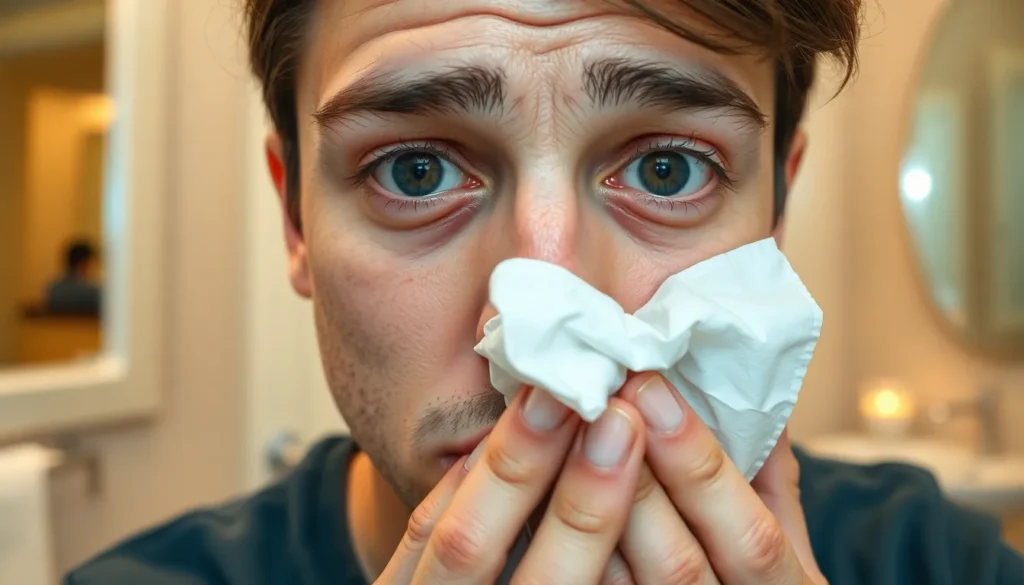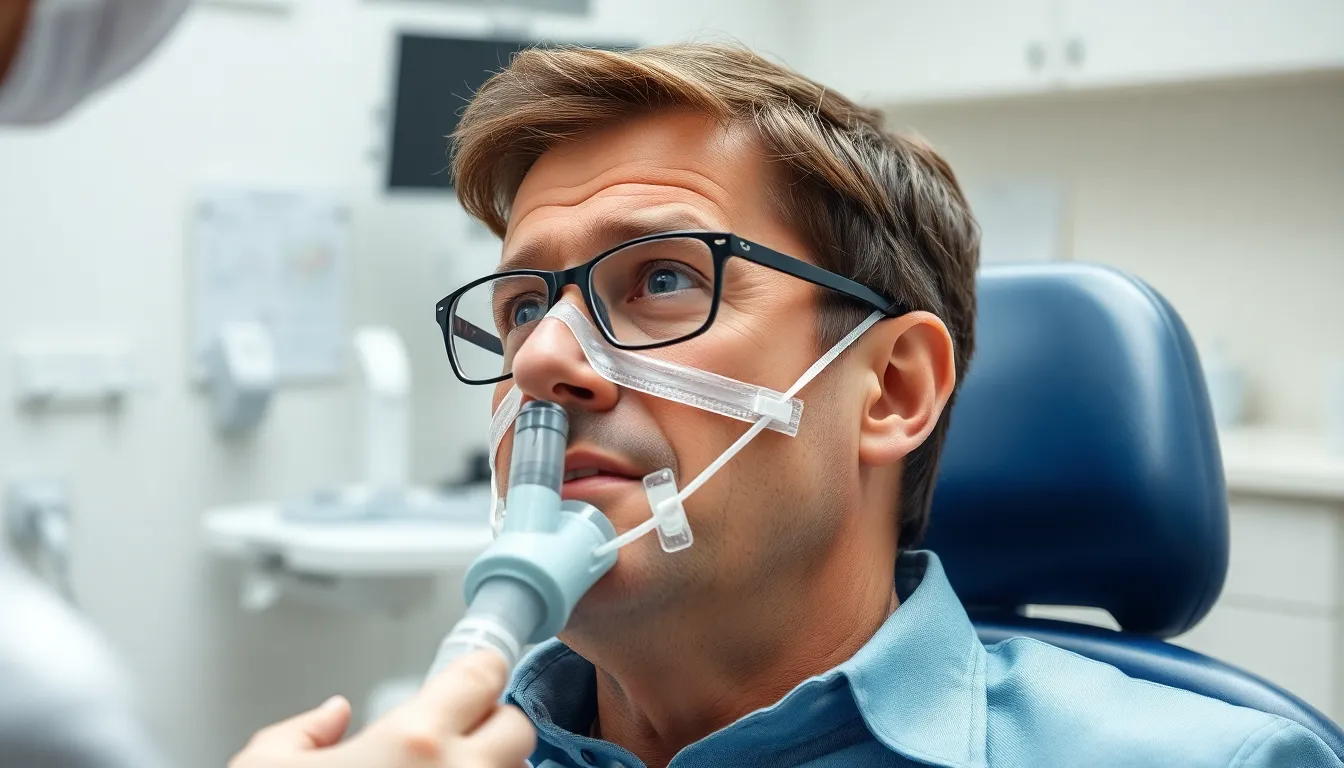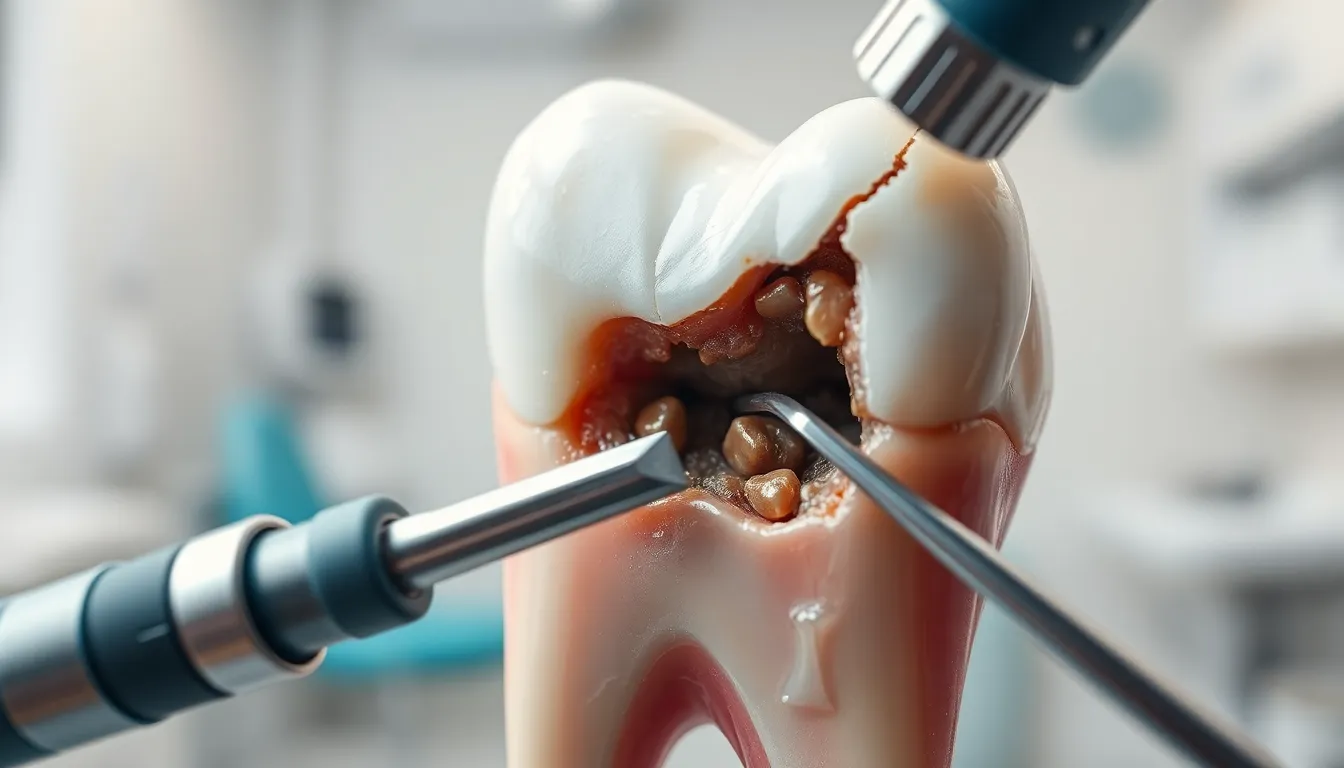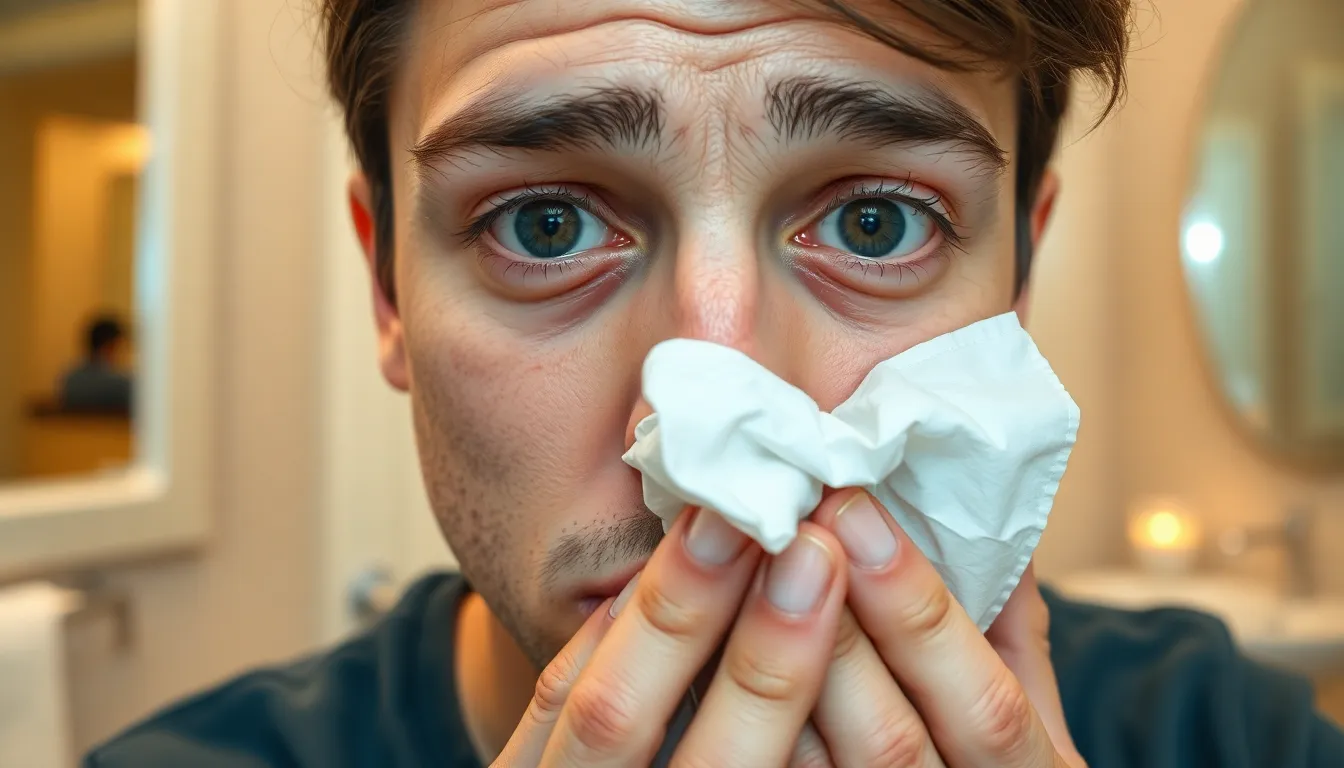Ever wondered what happens when you swallow blood? Whether from a minor injury like a cut lip or nosebleed, this common occurrence might leave you concerned about potential health effects.
The human body actually handles small amounts of swallowed blood quite efficiently. When blood enters your digestive system, it’s processed much like other protein-rich substances. Your stomach acid breaks down the blood components, and most nutrients are absorbed in your intestines. While occasional ingestion of small amounts is typically harmless, understanding what happens inside your body can help ease concerns about this surprisingly normal experience.
Understanding Blood Ingestion: Causes and Contexts
Blood ingestion occurs in various everyday situations, ranging from minor injuries to exact medical conditions. Common causes include nosebleeds, bleeding gums after brushing, and accidentally biting your cheek or tongue. These instances typically result in swallowing small amounts of blood without requiring medical attention.
More important bleeding can happen from dental procedures, oral injuries, or throat irritations. For example, Tom, a 35-year-old patient at our clinic, experienced considerable blood swallowing after wisdom tooth extraction, leading to nausea that subsided within a day as his body processed the ingested blood.
Certain medical conditions increase the likelihood of blood ingestion. Hemoptysis (coughing up blood from the lungs) sometimes results in swallowing rather than expelling the blood. Epistaxis (nosebleeds) frequently causes blood to drain down the throat, especially when lying down. Gastric or esophageal bleeding directly introduces blood to the digestive tract.
Children experience blood ingestion scenarios differently than adults. They’re more prone to swallowing blood from loose teeth, falls affecting the mouth area, or nosebleeds. Kids generally recover quickly from these minor incidents without complications.
Dr. Todd B. Harris notes, “Many patients express concern about swallowing blood, but the context matters enormously. A small amount from a bitten lip differs dramatically from ongoing internal bleeding that requires immediate medical evaluation.”
During normal activities like sports, blood ingestion can occur from impact injuries to the face or mouth. Combat sports participants face higher risks of blood swallowing due to facial trauma, though proper protective equipment minimizes these occurrences.
The Composition of Blood and Digestive Processes
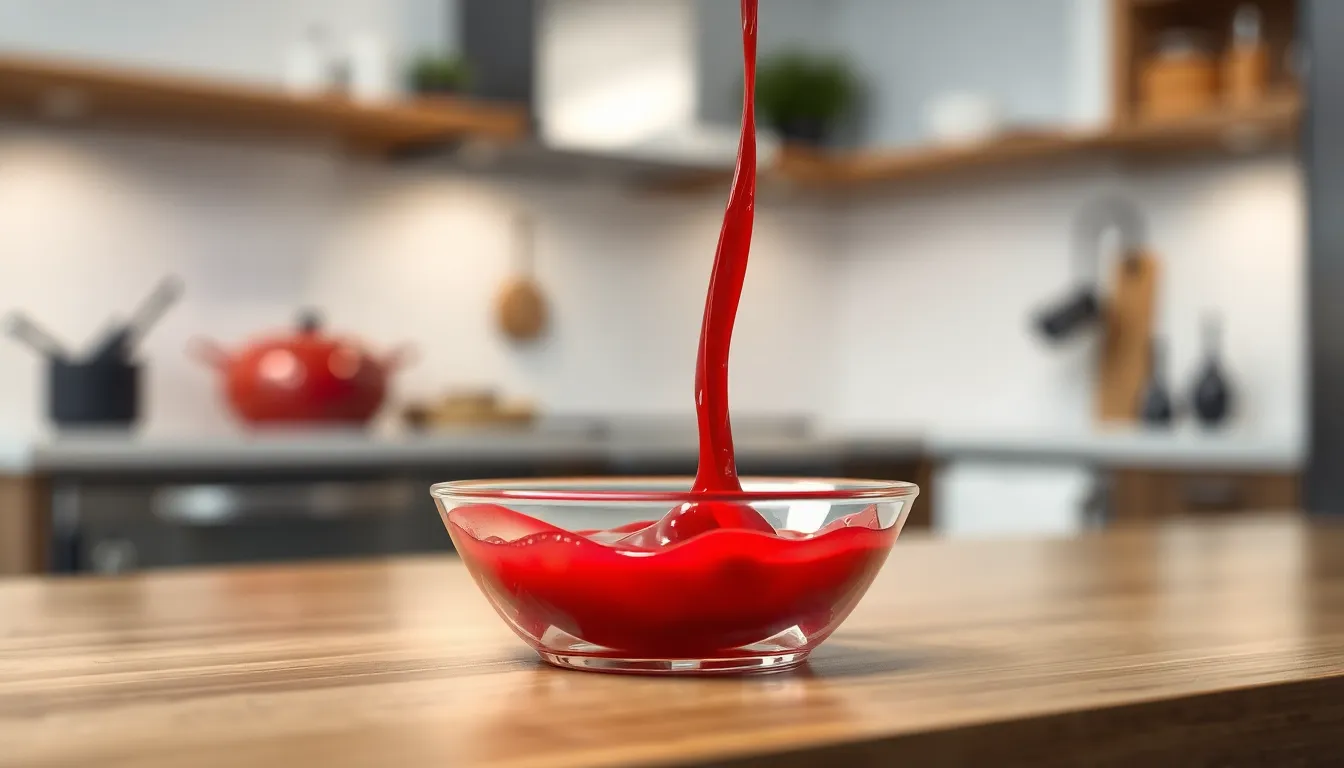
Blood consists primarily of proteins, iron (found in hemoglobin), and various other components that your digestive system processes when ingested. Your stomach treats blood as a foreign substance, sometimes reacting with mild irritation as it breaks down these components.
How Your Body Processes Swallowed Blood
Your digestive system handles swallowed blood differently based on quantity:
- Small amounts: Swallowing minimal blood from a nosebleed or minor oral injury typically causes no harm as your body efficiently digests and absorbs it.
- Common reactions: Even tiny quantities can trigger mild stomach discomfort or nausea as your digestive system responds to the foreign substance.
- Larger amounts: Consuming more important volumes of blood may irritate your stomach lining severely, often resulting in nausea or vomiting that can potentially worsen existing bleeding.
- Stool color changes: After digestion, blood can darken your stool color, which is generally harmless unless accompanied by other concerning symptoms.
- Risk of infection: Blood potentially harbors bacteria, increasing infection risk with larger quantities, though this rarely occurs with minimal amounts.
Dr. Todd B. Harris notes, “Many patients worry unnecessarily about swallowing small amounts of blood after dental work or minor injuries. In my experience, the body handles these situations remarkably well, though I always advise monitoring for any unusual symptoms.”
Difference Between Internal and External Blood Sources
Your body responds differently to blood depending on its origin:
- External sources: Blood from nosebleeds, cuts, or dental procedures enters your digestive tract in limited quantities, typically causing only minor discomfort or nausea.
- Internal sources: Blood originating from internal bleeding presents more serious concerns, potentially resulting in dark tarry stools, blood vomiting, or anemia requiring immediate medical attention.
The iron content in blood presents a particular challenge, as your body struggles to excrete excess iron, which can become toxic in large amounts. This explains why persistent or important bleeding demands medical evaluation rather than a wait-and-see approach.
Health Implications of Swallowing Blood
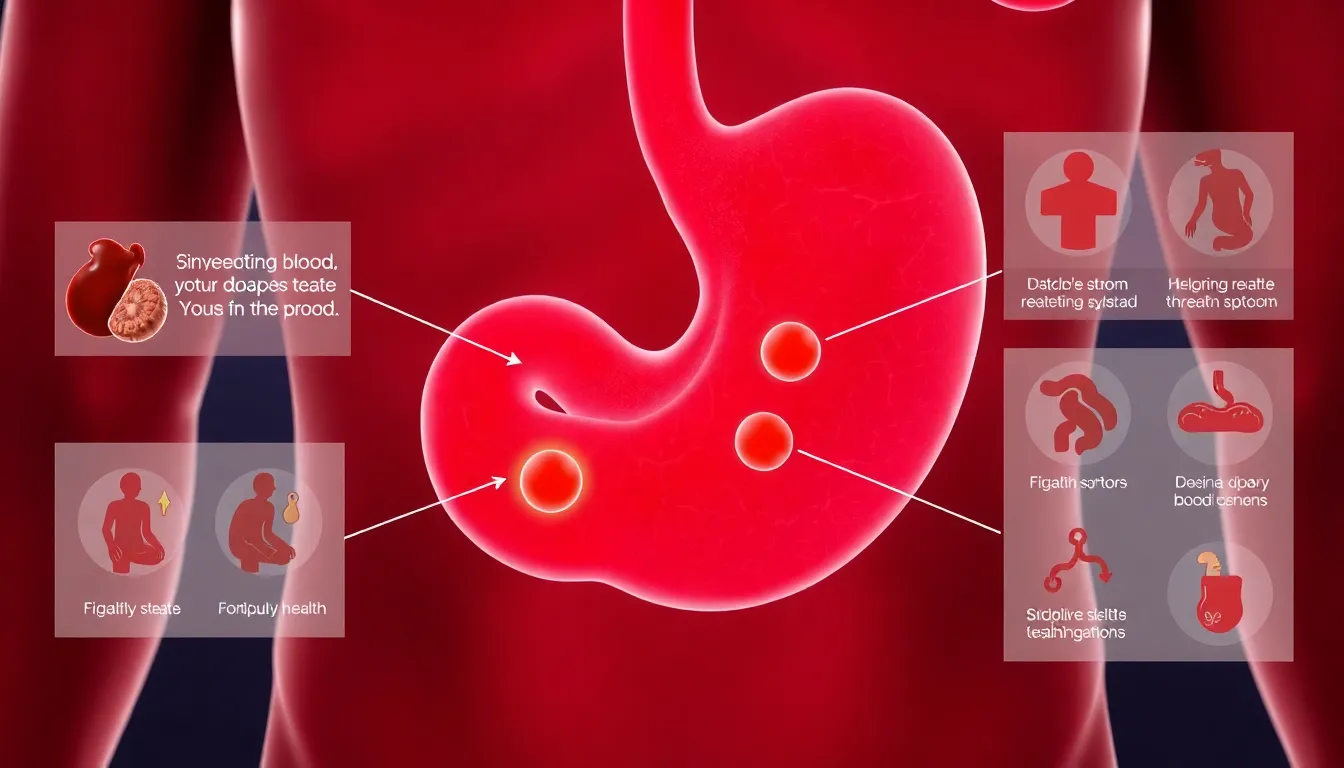
Swallowing blood affects your body differently depending on the quantity and source. Small amounts from minor injuries like nosebleeds or oral cuts typically pose minimal health risks, while larger volumes can trigger various digestive responses.
Short-Term Effects on Your Body
Your body generally tolerates minimal blood ingestion without notable issues. The stomach may interpret blood as a foreign substance, leading to mild discomfort or nausea in some cases. Vomiting can occur when important blood quantities enter your digestive system, potentially aggravating existing bleeding or restarting issues like nosebleeds. Blood processed through your digestive tract often causes darkened stools, which is usually harmless unless accompanied by other concerning symptoms. Dr. Todd B. Harris notes, “Most patients who accidentally swallow small amounts of blood from dental procedures recover without any intervention, as the body efficiently processes these minimal quantities.”
Potential Digestive System Reactions
Stomach irritation commonly occurs as your digestive system responds to blood ingestion. This irritation manifests as nausea or stomach discomfort that typically resolves quickly with small amounts. Your body’s vomiting reflex activates more readily with larger blood volumes as a protective mechanism to expel the irritating substance. Internal injuries resulting in blood entering the digestive tract often provoke stronger reactions than external sources. Additional concerns include infection risks, particularly with blood from unknown sources that may contain bacteria or viruses such as hepatitis B, hepatitis C, or norovirus. Repeated or excessive blood ingestion could contribute to iron overload (hemochromatosis), potentially damaging organs like your liver, heart, and pancreas, especially if you have genetic predispositions to this condition.
When to Seek Medical Attention

Seek prompt medical help if you experience severe symptoms after swallowing blood. While small amounts typically cause no harm, certain warning signs indicate a need for professional evaluation.
Warning Signs and Symptoms
Contact a healthcare provider immediately if you notice persistent or heavy bleeding that doesn’t stop with basic first aid. Severe abdominal discomfort following blood ingestion requires medical assessment, as it may indicate important irritation. Vomiting blood (hematemesis) or passing blood in stools (melena or hematochezia) suggests potentially serious digestive tract issues. Symptoms of blood loss such as pale skin, unusual fatigue, or lightheadedness can indicate you’ve lost a concerning amount of blood. Dizziness or weakness developing after swallowing blood might signal anemia from important blood loss, requiring prompt attention.
Complications from Swallowing Large Amounts of Blood
Gastrointestinal irritation ranks as the most common complication, often leading to pronounced nausea and vomiting. The risk of aspiration increases if you vomit after swallowing substantial blood, potentially causing blood to enter your lungs. Recurrent bleeding commonly occurs when vomiting exacerbates the original injury, particularly with nosebleeds. Potential dehydration can develop from repeated vomiting episodes triggered by blood irritating your stomach lining.
Dr. Harris notes, “I’ve treated patients who initially dismissed swallowing blood from a nosebleed, only to return with worsened symptoms after vomiting restarted their bleeding. Managing the initial blood loss properly often prevents these complications.”
To manage situations where you’ve swallowed blood, avoid ingesting more blood when possible by carefully spitting it out. Staying calm helps reduce nausea sensations triggered by blood in your stomach. Sipping cool water can soothe stomach irritation without provoking further upset. Monitor your symptoms closely, seeking immediate care if severe symptoms develop or bleeding doesn’t stop with appropriate first aid measures.
Common Scenarios Involving Swallowed Blood

Blood enters your digestive system in various situations, ranging from minor everyday occurrences to more serious medical conditions. Understanding these scenarios helps you recognize when swallowed blood is harmless versus when it requires medical attention.
Nosebleeds and Oral Injuries
Nosebleeds (epistaxis) frequently result in blood trickling down the back of your throat and into your stomach. Similarly, oral injuries like bitten lips, tongue cuts, or dental procedures often lead to blood ingestion. Your stomach acid typically breaks down small amounts of blood efficiently, causing minimal issues beyond temporary stomach irritation. Many patients experience mild nausea following these incidents, though it usually resolves quickly without intervention.
“Most patients who come in worried about swallowing blood from a nosebleed don’t realize how common and generally benign this is,” shares Dr. Todd B. Harris. “I recently treated a marathon runner who had a important nosebleed during a race and swallowed quite a bit of blood before it stopped. She was concerned about potential complications, but recovered completely within 24 hours with just some mild stomach discomfort.”
Larger quantities of blood can trigger more pronounced reactions. Your body may respond with vomiting, sometimes producing “coffee-ground” emesis due to partially digested blood. This appearance results from stomach acid breaking down blood components, giving it a distinctive dark appearance.
Medical Conditions That Cause Internal Bleeding
Internal bleeding presents more serious concerns than blood from external sources. Conditions like peptic ulcers, gastritis, esophageal varices, and Mallory-Weiss tears can cause bleeding directly into your digestive tract. These conditions often manifest with symptoms beyond those of swallowed blood alone, including abdominal pain, weakness, dizziness, and potential signs of shock in severe cases.
Bleeding disorders such as hemophilia or von Willebrand disease may exacerbate any bleeding episode, leading to greater volumes of blood entering your digestive system. Patients taking blood thinners face similar risks, as minor injuries can result in more important bleeding than expected.
Dr. Harris notes, “The distinction between swallowing blood from an external source versus internal bleeding is crucial. I’ve seen patients dismiss symptoms of internal bleeding as ‘just a nosebleed’ when they actually had an undiagnosed ulcer causing important blood loss. This highlights why persistent symptoms always warrant medical evaluation.”
Trauma to abdominal organs can cause hidden internal bleeding that manifests as blood in vomit or stool. Your symptoms might develop gradually, making this scenario particularly dangerous if left unaddressed. Laboratory tests measuring hemoglobin levels and imaging studies help identify these internal sources of bleeding.
Unexplained blood in vomit or stool, especially when accompanied by other symptoms like fatigue, pale skin, or rapid heart rate, requires immediate medical attention as these signs potentially indicate serious underlying conditions that need prompt diagnosis and treatment.
Myths vs. Facts About Swallowing Blood

Many misconceptions surround the topic of swallowing blood, leading to unnecessary concern. Let’s separate common myths from medical facts to provide clarity on this issue.
Myth: Swallowing Blood From Nosebleeds Is Dangerous
The truth is that small amounts of blood from sources like nosebleeds or minor oral bleeding are processed safely by your digestive system. Your stomach acid effectively breaks down blood proteins, treating them similar to other protein-rich foods. Dr. Todd B. Harris notes, “I’ve seen many patients worried after swallowing blood from a nosebleed, but I reassure them that these small quantities rarely cause any issues beyond mild stomach discomfort.”
Myth: Ingested Blood Causes Internal Bleeding
Blood that enters your digestive tract doesn’t trigger additional internal bleeding. Your digestive system efficiently processes blood components without complications in most cases. The proteins and iron in blood are broken down just like those from food sources. One patient shared, “After accidentally swallowing blood from a dental procedure, I was convinced I’d develop internal bleeding, but my doctor explained how the digestive system handles it without any adverse effects.”
Myth: Blood Always Makes You Vomit
While large quantities of swallowed blood may indeed trigger vomiting as a protective reflex, small amounts typically don’t cause this reaction. Most people experience no symptoms or only mild nausea when ingesting minimal blood from common sources like nosebleeds or biting their cheek.
Myth: Darkened Stools From Blood Are Always Serious
Darkened or black stools after swallowing blood represent a normal digestive process. This color change occurs as blood is processed through your gastrointestinal tract. This symptom only warrants concern when accompanied by persistent pain, ongoing bleeding, or other troubling signs.
Myth: Swallowed Blood Leads to Blood Poisoning
Your digestive system effectively neutralizes pathogens in small amounts of your own blood. Blood poisoning risks only increase when ingesting important quantities of contaminated blood, particularly raw animal blood that may carry various pathogens.
Fact: Excessive Blood Ingestion Can Cause Iron Overload
Regularly consuming large amounts of blood can potentially lead to hemochromatosis, a condition where excess iron accumulates in organs. This iron buildup can damage your heart, liver, pancreas, and joints over time. Dr. Harris emphasizes, “While occasional small amounts pose little risk, chronic or large-volume blood ingestion deserves medical attention due to potential iron toxicity.”
Fact: Contaminated Blood Carries Infection Risks
Blood from unknown or contaminated sources presents genuine health concerns. Drinking blood, especially in large quantities or from raw sources, significantly increases your risk of contracting bloodborne illnesses like hepatitis or bacterial infections due to pathogen exposure.
Conclusion
Swallowing small amounts of blood from minor injuries like nosebleeds or cut lips is rarely cause for concern. Your body efficiently processes these minimal amounts as it would other proteins. While occasional blood ingestion typically resolves without intervention your digestive system might react differently to larger quantities.
Pay attention to warning signs that require medical attention including persistent bleeding severe abdominal pain or symptoms of important blood loss. Understanding the difference between harmless scenarios and those requiring care helps you respond appropriately.
Remember that context matters – the source amount and frequency of blood ingestion determine its impact on your health. With this knowledge you can approach these common occurrences with confidence rather than unnecessary worry.
Frequently Asked Questions
Is it dangerous to swallow blood from a cut lip or nosebleed?
No, swallowing small amounts of blood from minor injuries like a cut lip or nosebleed is generally harmless. Your stomach acid breaks down the blood components just like other protein-rich substances, and your body processes it efficiently. However, large amounts may cause nausea or vomiting.
How does the body process swallowed blood?
Your digestive system treats blood like other proteins. Stomach acid breaks down the blood components, and nutrients like iron are absorbed in the intestines. The remainder passes through your digestive tract, which may temporarily darken your stool. This process is typically efficient and causes no lasting effects.
When should I seek medical attention after swallowing blood?
Seek medical help if you experience persistent or heavy bleeding, severe abdominal discomfort, symptoms of blood loss (pale skin, lightheadedness), vomiting blood, or if bleeding doesn’t stop with basic first aid. These symptoms could indicate more serious conditions requiring professional evaluation.
Can swallowing blood make you sick?
Small amounts rarely cause problems. However, larger quantities can irritate the stomach and lead to nausea or vomiting. The body typically tolerates minimal blood ingestion well, though some people may experience mild discomfort. Excessive amounts might trigger a stronger digestive response.
Does swallowed blood cause black stools?
Yes, processed blood can darken stool color to black or very dark brown. This is a normal digestive response and generally not concerning unless accompanied by other symptoms. The color change occurs as blood components break down during digestion and typically resolves within a day or two.
Can children swallow blood safely?
Children generally process small amounts of swallowed blood without issues, similar to adults. They often recover quickly from minor incidents like nosebleeds or loose teeth. However, parents should monitor for excessive bleeding or signs of distress and seek medical attention if concerned.
Is there a risk of infection from swallowing your own blood?
The risk of infection from swallowing your own blood is minimal. Your stomach acid typically neutralizes most pathogens. However, the risk increases with larger amounts or if the blood comes from infected areas. Blood from external sources carries greater infection risks than your own blood.
What should I do immediately after swallowing blood?
Remain calm, address the bleeding source with appropriate first aid, avoid swallowing more blood if possible, rinse your mouth with water, and monitor for any concerning symptoms. Most minor incidents resolve without intervention, but seek medical help if bleeding is severe or persistent.

